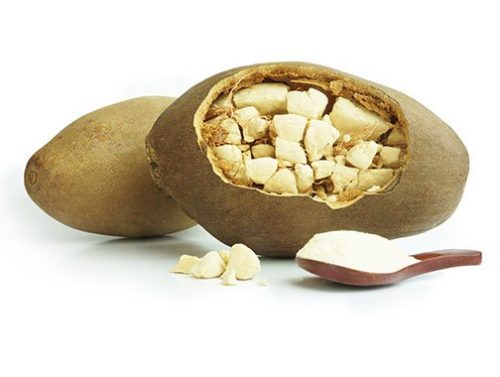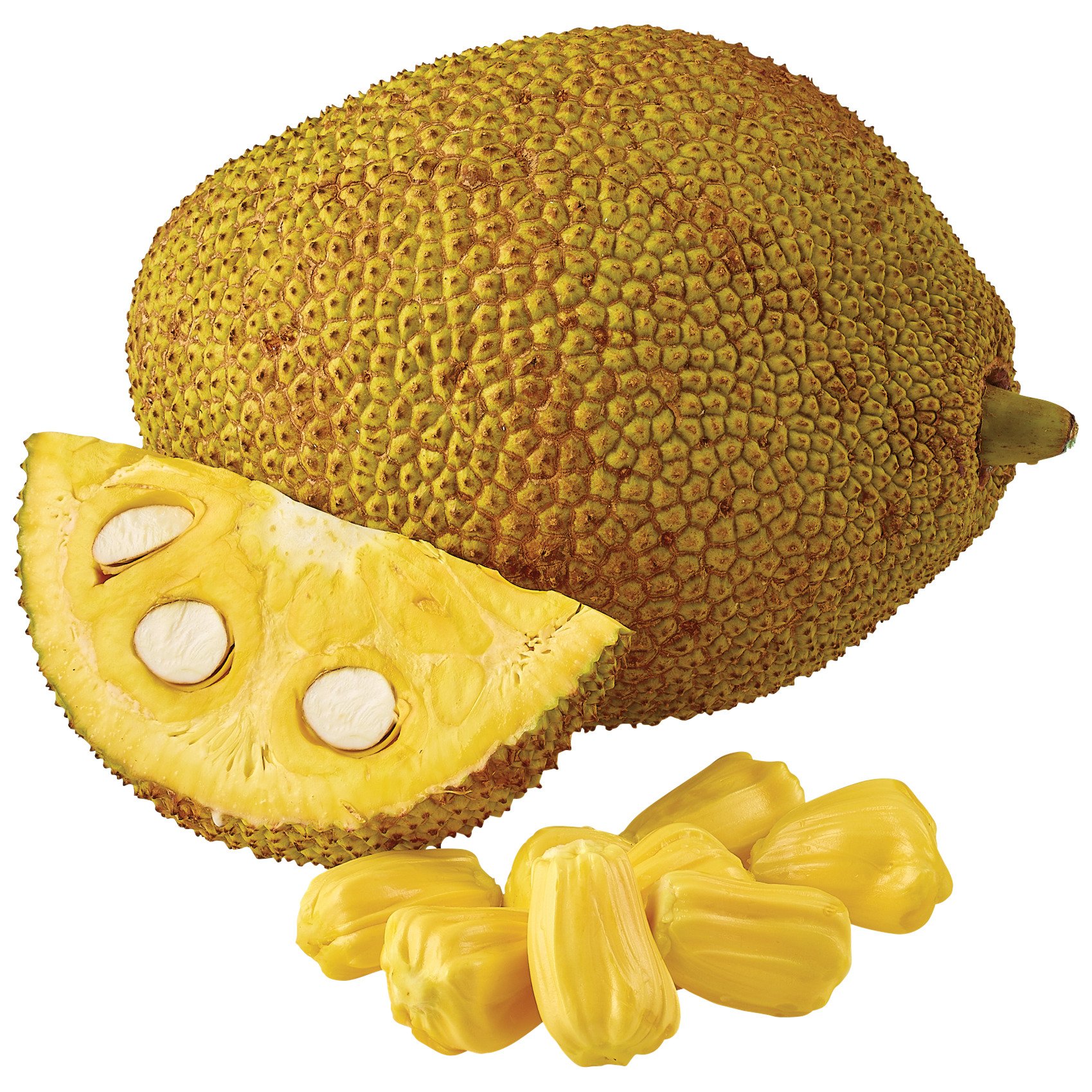Conflicted review of the week: adopting the dietary guidelines
Let’s start 2022 off with a review sent to me by a reader who wishes to remain anonymous.
The review: Implementing the 2020–2025 Dietary Guidelines for Americans: Recommendations for a path forward. Sanders, L. M., Allen, J. C., Blankenship, J., Decker, E. A., Christ-Erwin, M., Hentges, E. J., Jones, J. M., Mohamedshah, F. Y., Ohlhorst, S. D., Ruff, J., &Wegner, J. (2021). J Food Sci. 86:5087–5099. https://doi.org/10.1111/1750-3841.15969
Method: Based on a workshop aimed at developing strategies to promote adoption of dietary guideline recommendations.
Workshop funding: a grant from USDA with contributions from the Institute of Food Technologists.
Conflicts of interest: Mary Christ-Erwin is President and Owner of MCE Food and Agriculture Consulting and received an honorarium from the grant for moderating the meeting and panel and roundtable discussions. Julie M. Jones is a Scientific Advisor to USA Rice, Grain Foods Foundation, and the Quality Carbohydrate Coalition. John Ruff is an Investment Committee Member for Sathguru Catalyser Advisors Private Limited, the Asset Management Company of Innovation in Food and Agriculture Fund (IFA Fund) that invests in innovation-driven growth enterprises in the Food and Agriculture sectors, based in India. He is reimbursed for meeting fees and expenses related to attending committee meetings but has no investments in the fund. Lisa M. Sanders [Note: First author who wrote original draft] is the owner of Cornerstone Nutrition, LLC, a consultancy which has received funding from Kellogg Company, PepsiCo, and The Coca-Cola Company. Dr Sanders receivedwriting fees fromthe grant for development of this manuscript. JillWegner is an employee of Nestle. Jonathan C. Allen, Jeanne Blankenship, Eric A. Decker, Eric J.Hentges, Farida Y. Mohamedshah, and Sarah D. Ohlhorst have no conflicts to declare.
Comment: This workshop reflects a food industry perspective on the dietary guidelines. Some of its reocmmendations make sense. Others raise eyebrows, or should.
- The first recommendation: “Emphasize health benefits…gained through cooking at home.
- My favorite recommendation: “Leverage the current interest in science to debunk myths about food processing by demonstrating the similarity of techniques used to make foods at home and at scale in food industry, to show how food processing can contribute to the solution.”
This review is an excellent example of why the food industry needs to firmly excluded from nutrition policy discussions (for details on why, see my book, Unsavory Truth).
My strongest criticism of the 2020 dietary guidelines is that they fail to say anything about the health benefits of reducing consumption of ultra-processed foods (the junk food category strongly associated with excessive calorie intake, weight gain, and poor health).
Yet here we have a published review in a food science journal arguing for debunking “myths” about food processing.
They are not myths. Evidence is abundant.
See, for example:
- Monteiro CA, Cannon G, Levy RB, et al. Ultra-processed foods: what they are and how to identify them. Public Health Nutr; 2019;22(5):936–941.
- Lawrence MA, Baker PI. Ultra-processed food and adverse health outcomes. BMJ. 2019 May 29;365:l2289. doi: 10.1136/bmj.l2289.
- Hall KD, Ayuketah A, Brychta R, et al. Ultra-processed diets cause excess calorie intake and weight gain: an inpatient randomized controlled trial of ad libitum food intake [errata in Cell Metab. 2019;30(1):226 and Cell Metab. 2020;32(4):690]. Cell Metab. 2019;30(1):67–77.e3. doi: 10.1016/j.cmet.2019.05.008.





